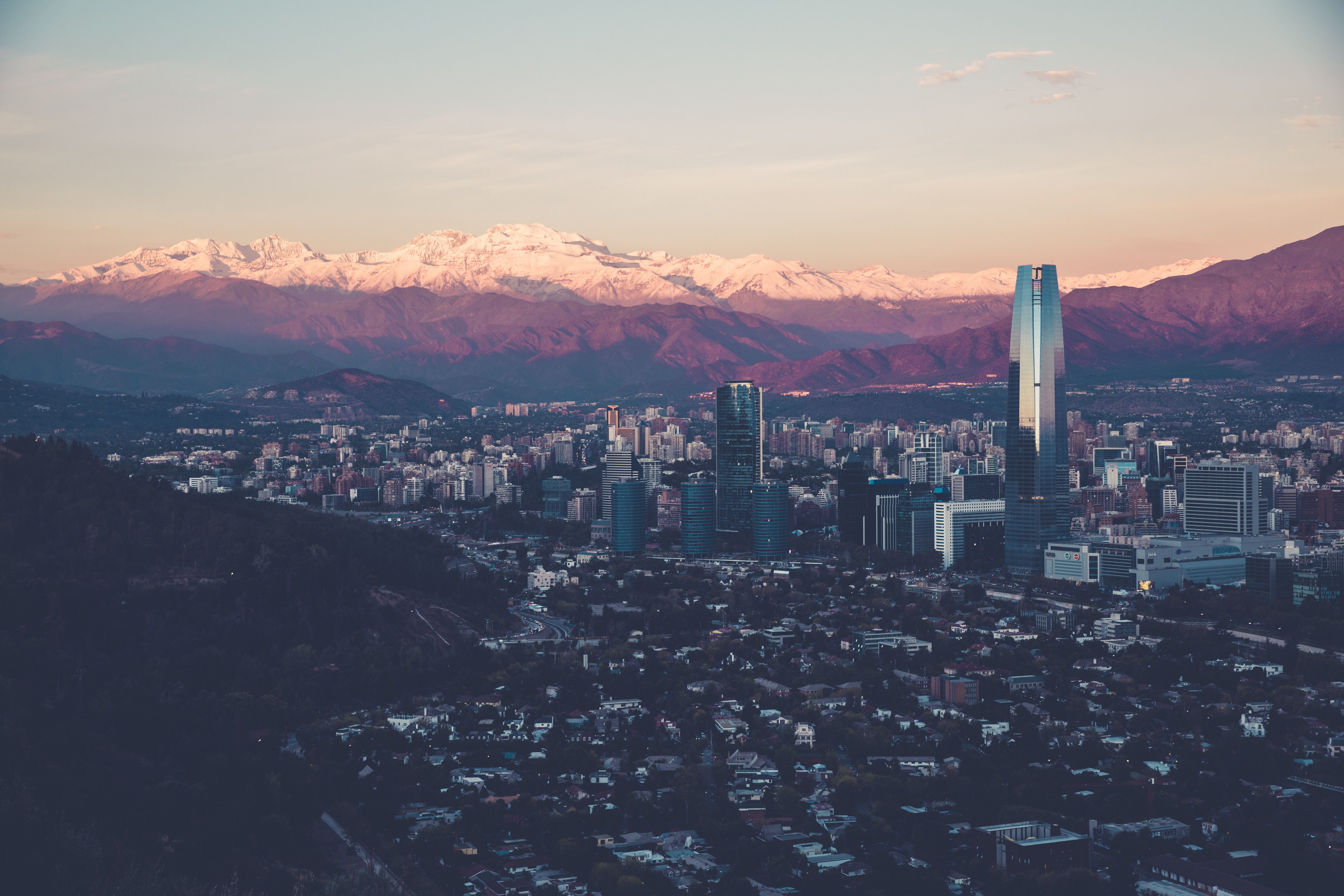Lisa Prevost wrote an article breaking down the Chilean real estate market. My team and I have helped hundreds of foreigners buy and rent apartments in Chile since 2013 when we started Andes Property were quoted extensively in this report. Our attorney Jose Tomas Marambio, a Santiago real estate and business specialist is also quoted. Overall, Santiago and Chile in general are still interesting places to invest. You can still find properties that generate 8-10% cash on cash returns and as commodities prices return, there’s still room for the Chilean Peso to strengthen, further increasing gains as you diversify out of dollars. From the article:
Santiago saw an increase in housing prices between 2010 and 2015, but the pace has slowed since, said Nathan Lustig, an entrepreneur and a principal at Andes Property, a company that provides furnished rentals in Santiago, primarily to foreigners.
A value-added tax on the sale of new properties went into effect in 2016, and “prices for new construction went way up, as everybody tried to buy before the new tax came in,” Mr. Lustig said. “And they’ve kind of stayed that way.”
The value-added tax rate is 19 percent, but the final rate is usually lower, because it is applied to the sale price after the land value is deducted, said José Tomás Marambio Yaes, a real estate lawyer in Santiago.
So who is buying in Santiago? It’s mostly people from the US and Europe and foreign money still hasn’t come into the country yet, so returns are still attractive.
There are few foreign buyers in Santiago, and those who do buy are usually employed in the city or looking for an investment. Most are from the United States or Europe, Mr. Lustig and Ms. Bórquez said, though interest from Chinese investors is growing.
Sections of the city popular with foreigners include Lastarria and Bellas Artes, which are close to downtown and museums, and have a walkable, “European feel,” Mr. Lustig said. El Golf, the financial district, tends to attract wealthy foreigners with its private golf club, luxury housing and stores and restaurants, he said.
And what are some of the basics for buying?
There are no restrictions on foreign buyers in Santiago, but they must obtain a taxpayer number, Mr. Marambio said.
Buyers should be aware that property is commonly priced in Unidad de Fomento, or UF, a currency tied to the Chilean peso but regularly adjusted for inflation. The Central Bank of Chile posts the daily UF-to-peso exchange rate on its website.
If a property sale involves a real estate agent, the buyer and seller share the 2 percent commission fee. A notary manages most of the transaction, but Mr. Marambio advised hiring a lawyer to do a title search.
Obtaining a mortgage can be difficult for foreigners, Mr. Lustig said, adding that banks typically require proof of at least a year’s permanent residency and, for buyers working in Chile, proof of between six months and a year of income.
